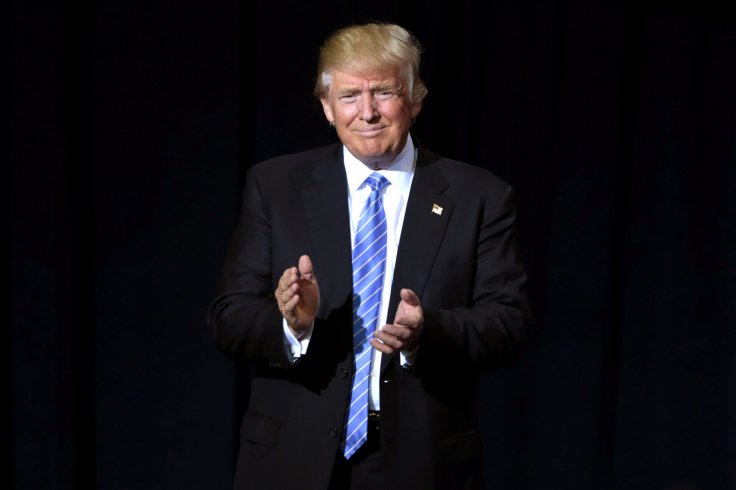On Nov. 3 all eyes will be on the U.S. as Americans vote in one of the most decisive elections of the country. Tensions loom over the peaceful transition of power by President Donald Trump, who made unfounded claims about voter fraud due to mail-in ballots that have been a preferred way of voting due to the coronavirus pandemic. However, one thing is almost certain — Americans will have to wait far beyond the election night to know who will be their next president.
Due to Covid-19, there will be a surge in the mail-in ballot, which take longer to count than ballots cast at the polling stations. Moreover, since each state has different rules on the counting of votes, results from certain states will be faster than others creating misleading margins initially.
"We should be concerned by anyone who tries to declare victory on election night before the ballots are in. We need to give election officials the space they need in order to process all the ballots," Professor Nate Persily, co-director of the Stanford-MIT Healthy Elections Project told ABC News.

Electoral College
On Tuesday, Americans will not be directly voting for candidates; they will be voting for electors in their state who pledge their support to the candidate they want to see the next president. This entire process is called the electoral college.
Time and again, the electoral college played an important role in the U.S. elections. There are at least three electors in each state and depending on the population, the number of electors varies. For example, California has the highest number of electoral votes (55) owing to its 38.8 million population, while Wyoming with its over 570,000 population has three electoral votes.
Except for Maine and Nebraska, all states have the winner-takes-all system. This means that if a candidate gets the highest number of votes in the state, they get all the votes of that state's electoral college.
Since electoral college does not represent a popular vote, critics have called it fundamentally undemocratic. There have been five instances where candidates who did not get popular votes went on to become presidents only because they got more number of electoral votes.
In the 2016 presidential elections, then-Democratic nominee Hillary Clinton received nearly 3 million more than Trump but did not get electoral votes. Trump, on the other hand, won several swing states with higher representation of electoral votes.

What if Donald Trump Refuses to Concede?
In September, Trump alarmed political observers and Democrats by refusing to say whether he will concede if he lost the election. On top of this, the President has alleged that mail-in voting will lead to voter fraud despite experts saying otherwise.
Matthew Lebo, chair of political science at Canada's Western University told Global News that he has a "really hard time believing" that Trump will agree to a peaceful transition of government. He said that once all the votes are counted, the results will be presented to a joint session of the U.S. House of Representatives and the Senate.
"The vice-president — who is also the president of the Senate — will receive the electoral votes. They each will have been certified by the different states," Lebo said. "And if there's more than 270 of those electoral votes for Biden, then that makes Biden the winner, at that point would Donald Trump say 'congratulations' or would he say, 'no, I was cheated'."
The final results from each state can be challenged by their senators, Lebo explained. "It could be that there's a state where Joe Biden had the most votes and Donald Trump says 'no, lots of people in that state cheated, and if they hadn't cheated, I wouldn't have won, and therefore that state's electoral votes should count for me,'" Lebo said, adding that the results would be challenged at the courts if Republicans agreed.
If it took longer than Jan. 21 for courts to decide, Democratic House Speaker Nancy Pelosi will become president. However, Senate majority leader Mitch McConnell said in September that there will be a smooth transition "just as there has been every four years since 1792."
Echoing similar sentiments, Republican Sen. Mitt Romney said a peaceful transition was "fundamental to democracy." Any suggestion that "a president might not respect this Constitutional guarantee is both unthinkable and unacceptable," Romney said after Trump's comments.









